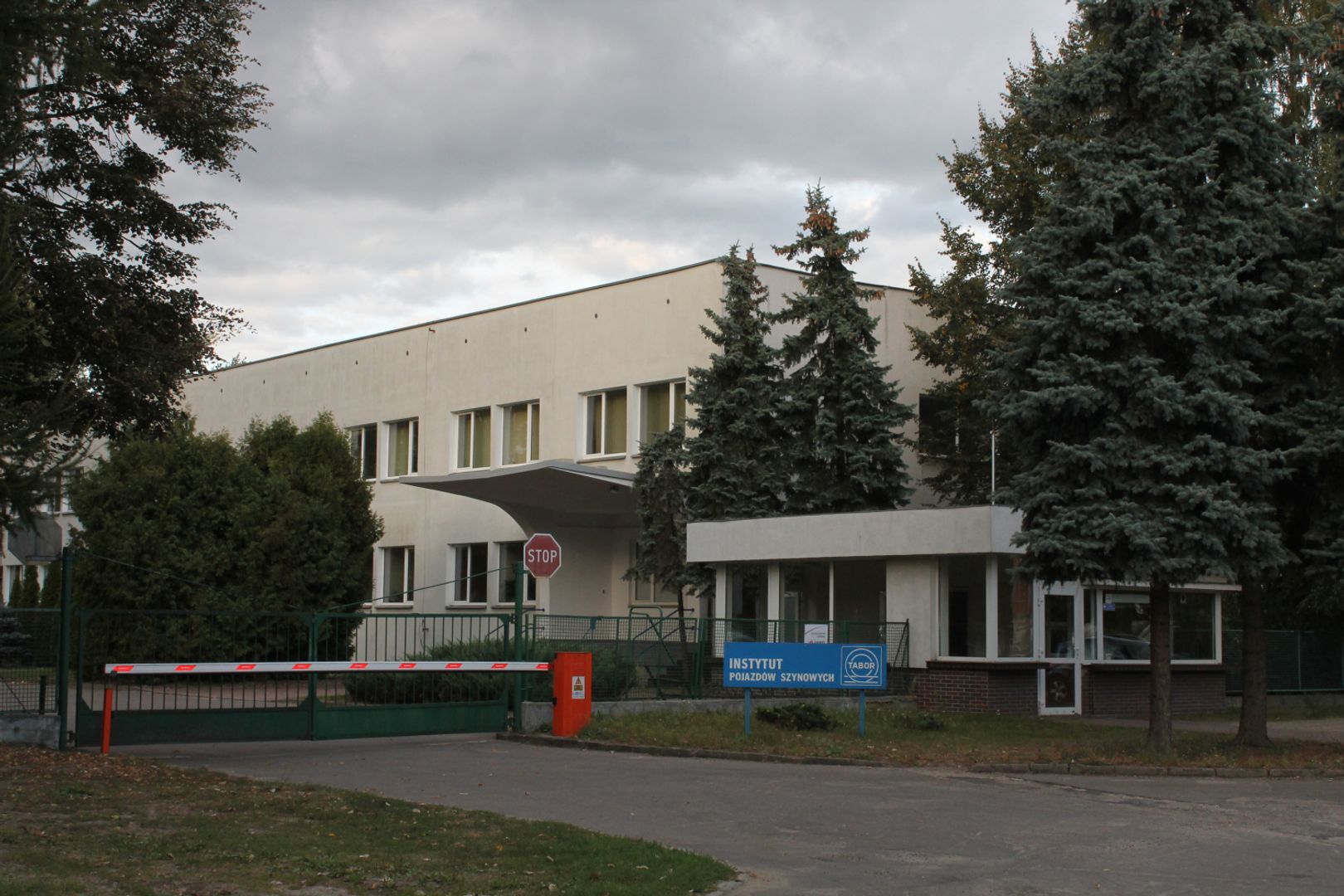Rail Vehicle Institute "Tabor"
6.78

Overview
Łukasiewicz Research Network – the Rail Vehicles Institute "Tabor" (Łukasiewicz – IPS "Tabor") was the only research institute in Poland dealing with the comprehensive design, construction, and testing of rail vehicles. It was established on September 1, 1945, in Poznań, emerging from the pre-war design office of H. Cegielski Plants. During the Polish People's Republic, the institute completed over 280 projects, including locomotives and rail cars for Polish State Railways (PKP) and for export. The institute went through various organizational stages, transforming into the Central Design Office (CBK) and later into the Rail Vehicle Research and Development Center (OBRPS). In 2000, it became the Rail Vehicles Institute "Tabor" under the Ministry of Economy. After being incorporated into the Łukasiewicz Research Network in 2019, the institute was renamed Łukasiewicz – IPS "Tabor" and operated until 2022, when it became part of the Poznań Institute of Technology. The institute specialized in testing railway rolling stock, designing rail vehicles, and certifying products for rail transport. Its achievements include the design of over 400 rail vehicle constructions, including 281 during the Polish People's Republic. Interestingly, although many projects remained uncoordinated, the institute introduced innovative solutions, such as a bimodal system for combined transport. The institute's positive development is highlighted by its growth in employment, reaching 372 employees in 1965 at the beginning of its operations. However, in later years, it faced staffing issues due to a decline in orders. In 2019, the institute employed 317 people, including 28 scientists. The institute's activities were supported by the State Committee for Scientific Research and the National Centre for Research and Development, and projects were carried out in collaboration with companies such as Pesa Bydgoszcz and Railway Rolling Stock Repair Plants. The cessation of the institute's activities impacts the history of the Polish railway industry, which, through its innovations and research, significantly contributed to the development of transport technologies in the country.
Location
Tickets
Powered by GetYourGuide
2025 Wizytor | All Rights Reserved